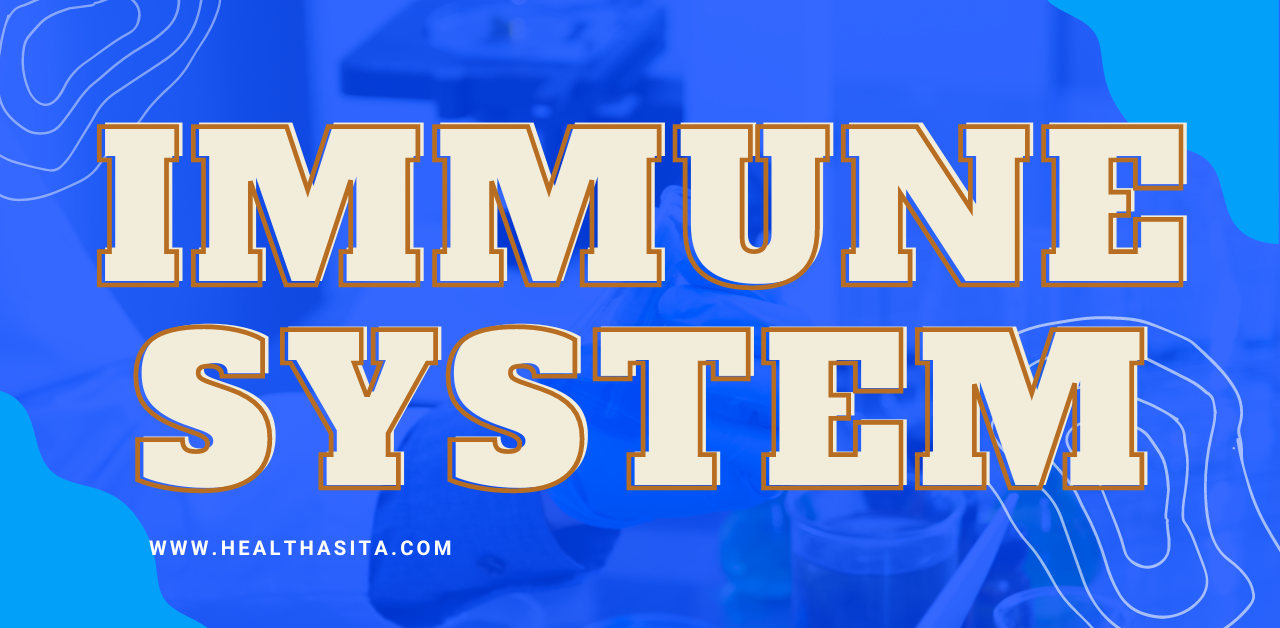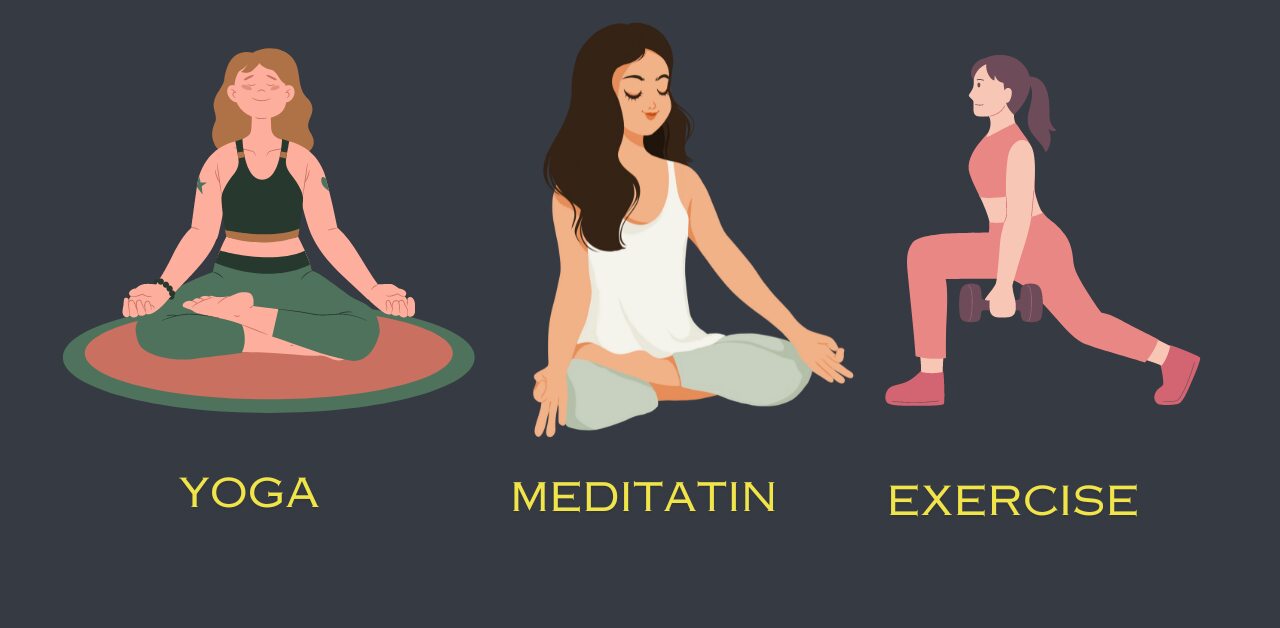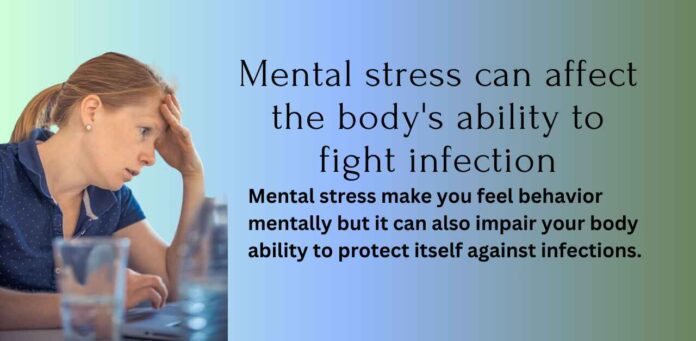It is clear that mental stress can affect the body’s capacity. And stress has become a general companion in our fast-paced lives. And that much is obvious. What’s even more alarming is that simple fact: in addition to making you feel mentally stressed, mental stress can also impair your body’s ability to protect itself against infections. This post will look at the connection between mental stress and the immune system and how stress can
Understanding the immune system

Let’s quickly review the immune system before we examine the effects of stress. Think about it as an attempt by your body to protect itself. Regularly at work to maintain your overall health. It is made up of various tissues, cells, and organs that work together to identify and get rid of dangerous invaders like bacteria and viruses.
The connection between stress and infection:
A research study indicates that for a long time, psychological stress may weaken the immune system, raising the body’s susceptibility to infection. Your body releases stress-related hormones, such as cortisol, which can suppress the immune system if released in excess. This means that chronic stress reduces the performance of the very system indicated to keep you safe. If you do not manage your stress, it will lead to the growth and development of more diseases of the immune system.
HIV/AIDS: The immunodeficiency syndrome virus (HIV) harms the immune system, particularly CD4 cells, and can lead to AIDS (acquired immune deficiency syndrome).
Rheumatoid arthritis: This is an auto-immune disease where the immune system mistakenly harms the joint, leading to inflammation, pain, and joint damage.
Lupus: Systemic lupus erythematous (SLE) is an autoimmune disease where the immune system attacks various tissues in the body, including joints, skin, kidneys, hearts,lungs, blood cells, and the brain
Type 1 diabetics: This is an autoimmune disease where the immune system attacks and damages the insulin-producing beta cells of pancreases, leading to insulin deficiency.
Multiple sclerosis (MS): This is an autoimmune disease where the immune system attacks the protective covering of nerve fibers, leading to communication problems between the brain and body.
Graves’ disease: This is an autoimmune disorder that causes hyperthyroidism, where the immune system harms the thyroid gland, leading to overproduction of thyroid hormones.
Sialic disease: This is an autoimmune disorder triggered by the ingestion of gluten, resulting in harm to the small intestine and affecting nutrient absorption.
Psoriasis: Psoriasis is caused by an overactive immune system leading to fast production of skin cells, resulting in red, scaly patches.
Immunodeficiency disorder: People with immune system deficiencies like severe combined immunodeficiency (SCID) or common variable immunodeficiency (CVID) are more vulnerable to infection.
Sjogren’s syndrome is an autoimmune disease that mostly affects the lacrimal gland and salivary glands, causing symptoms like dry mouth and eyes. Sjogren’s syndrome is named after Henrik Sjogren, a Swedish ophthalmologist who first described the condition in 1933. In some cases, Sjogren’s syndrome affects other organs and tissues, as shown below.
- Dry nasal
- Acids reflux
- Vaginal dryness
- Dry skin
- Poor memory problems
Effect on white blood cells (WBC): White blood cells (WBC) are the superheroes of the immune system, preventing infection and maintaining our health. However, long-term stress can reduce the number and effectiveness of vital protectors. This makes it easier for infections to take hold and help the body recover from them.
Increase inflammation: stress triggers inflammation in the body. The body naturally reacts to wounds or infections; however, chronic inflammation may weaken the immune system. Infections can make it more difficult for the body to fight them off.
Strategies to reduce stress and boost immunity:
The good news is that you can boost your immune system and control stress by taking the following actions:
Use relaxation techniques: use relaxation techniques to reduce stress, including exercises like yoga, meditation, or deep breathing in your daily routine.

Get enough sleep. A strong immune system depends on getting enough sleep. Good sleep requires 7 to 9 hours of sleep every day and every night.
Regular exercise: Exercise may boost the immune system and is a natural way to reduce stress. Make time for an enjoyable activity each day of the week.
Healthy eating: essential vitamins and minerals that enhance immune function. It can be obtained from a balanced diet high in fruit, vegetables, and whole grains.

-
Positive thinking: Focus on the positive aspects of your life. This can help shift your mindset toward positivity.
Spend time with family and friends to share your thoughts and feelings with them. Lean on them for support when needed. And spend quality time with loved ones, which brings joy and strengthens your connection.
Seeking social supports: connected with mindset individuals through clubs, organizations, and online communities. Sharing common interests can provide a sense of belonging.
Conclusion:
Understanding that the immune system is the body’s defense mechanism. The article addresses how long-term stress can suppress the immune system. Boosting a person’s susceptibility to infection. It looks at how it affects WBC (white blood cells), the immune system’s superheroes, and how inflammation decreases defenses.
The article concluded by offering strategies to reduce stress and boost immunity. Including relaxation techniques, adequate sleep, regular exercise, healthy eating, positive thinking, and spending time with loved ones. By adopting these practices, individuals can fortify their immune systems and better prepare their bodies to combat infection. The overall information is that maintaining a healthy body is important. The mind enables individuals to face life challenges with resilience and well-being.
The subsequent question-and-answer section reinforces the points. Addressing the impact of stress on the immune system. its potential to cause infection, and the broader influence of mental health on overall well-being.
Here is a question and answer about how mental stress can affect the body’s ability to fight infection.
Can stress cause an infection in the body?
Yes, it is true. Chronic stress can potentially reduce or weaken the immune system, making the body more susceptible to illness or infection. Prolonged stress may affect the immune response. And reducing body protection against pathogens or infections.
Does stress affect your immune system?
Yes, stress can have a bad or negative impact on the immune system. Stress triggers the release of stress hormones such as cortisol. This makes the body more susceptible to infection and may affect the ability to recover from infection or illness.
How does mental stress affect health?
The impact of stress on one’s health can be wide-ranging. It may cause heart problems, stomach problems, sleep disturbances, and mental health disorders. Chronic stress can make pre-existing medical conditions worse. And is linked to a higher risk of developing a number of health issues.
Does mental health affect the immune system?
Yes, mental health affects the immune system. Immune system modifications have been linked to mental health issues like depression and anxiety. Immune system imbalances can raise a person’s danger of infection and control their recovery from illnesses.
Can mental illness affect the body’s ability to fight inaction?
Chronic stress decreases lymphocytes’ WBC (white blood cells). White blood cells (WBC) are the superheroes of the immune system, preventing infection and maintaining our health. However, long-term stress can reduce the number and effectiveness of vital protectors. This makes it easier for infections to take hold and help the body recover from them.





[…] mental stress has been linked to cardiovascular issues in women an increased risk of cardiovascular diseases. […]
[…] to overall health and well-being. They are particularly rich in vitamin C, an antioxidant that supports the immune system and promotes healthy skin. Moreover, bananas are an excellent source of vitamin B6, which plays a […]